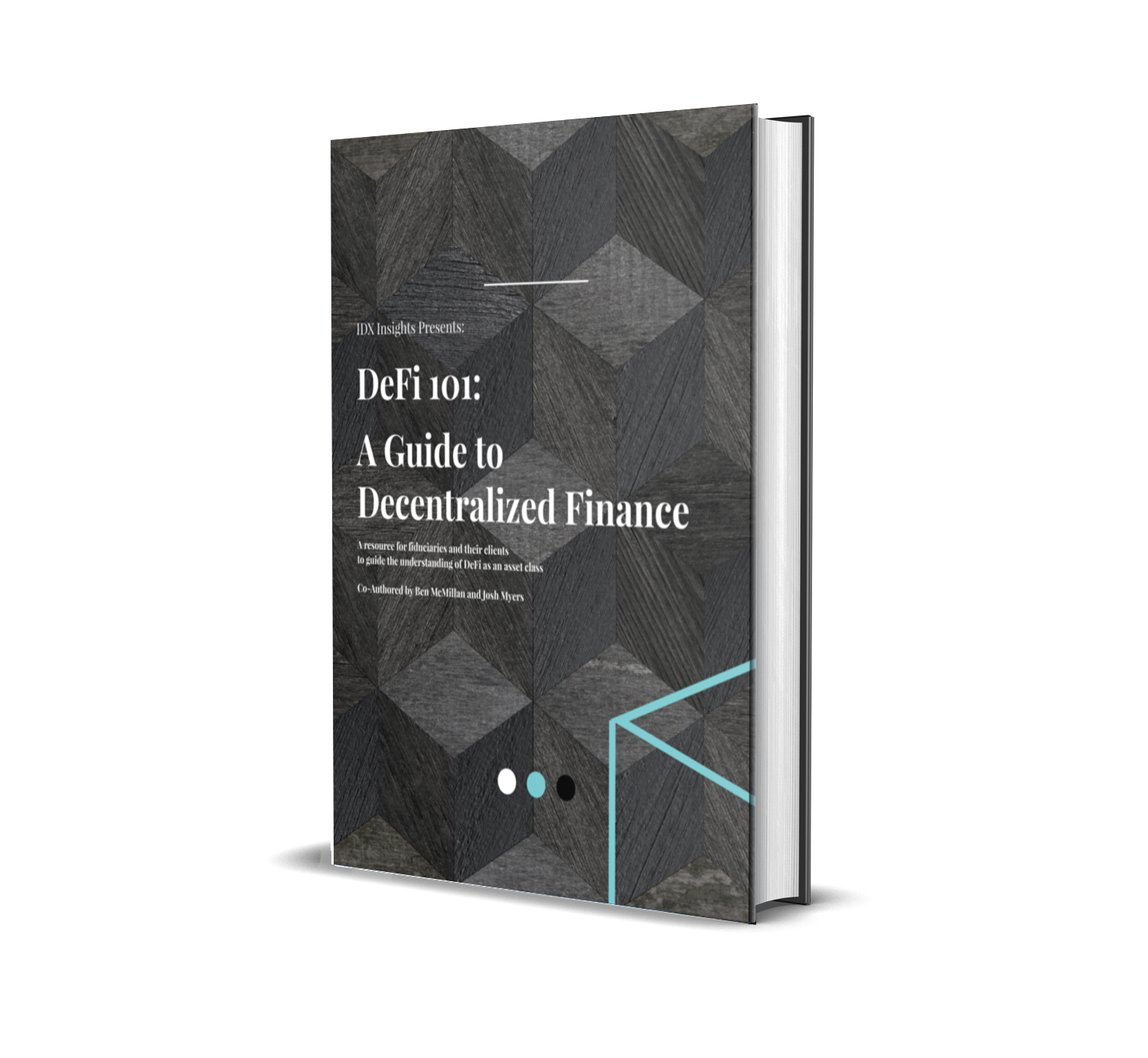Compound: The pro-Lending Automated Market Maker
Compound at a Glance
Compound (COMP)
As blockchain ecosystems developed, the need for more sophisticated financial products became abundantly clear. Traders were able to exchange between cryptocurrencies and profit from arbitrage opportunities but could not trade the time value of digital assets. Currently, the crypto market has a plethora of ways to gain long exposure to tokens, but very few that allow short exposure to tokens. The lack of proper financial products has led to the overpriced evaluation of some cryptocurrencies with no purpose or utility. Traders are more incentivized to hold a particular asset when it produces a positive yield. In the current state, holding digital assets is a negative yield due to the cost of storage and the need for energy. This leaves crypto holders exposed to the volatile swings crypto markets go through with no incentive to hold for the duration.
Compound Finance was developed in 2017 on the Ethereum blockchain. Compound is an Automated Market Maker (AMM) protocol with liquidity pools that have built in interest rates that are based on the supply and demand of assets in the pool. Borrowers and suppliers directly interact with Compound’s protocol and either pay or earn an interest rate, depending on whether they are a supplier or borrower. The interest rate is a floating rate that adjusts depending on the overall supply and demand of the assets within the liquidity pool. By using AMM smart contracts to mediate the borrowing, the need to negotiate interest rates, maturity, and collateral are removed. This inherently makes borrowing against your digital collateral more accessible to individuals.
Compound makes managing a crypto portfolio more seamless for traders and holders of digital assets. Holders that are interested in long-term holdings can now generate a yield on their assets while also fulfilling loans and having their portfolio automatically re-weighted. Compound’s products can also be utilized by other decentralized applications and exchanges.
However, when borrowing assets there are risks associated with it. Liquidation of deposited collateral is possible if the loan’s borrowing outstanding exceeds its borrowing capacity. When this occurs, a liquidation discount is put onto the account to incentive arbitrage traders to close part of the loan at a profitable discount. By rewarding liquidators to partially close a borrower’s accounts, this helps prevent users from losing all their collateral they deposited.
The Governance Token, COMP
COMP is the main governance token to vote with for the future development of Compound Finance. Governance proposals that require a community opinion are voted on by holders of COMP. As a holder’s COMP balance changes overtime, their voting rights are automatically adjusted. Voting rights can be delegated to any wallet address by COMP holders, including their own. If a less active COMP holder notices a respected individual in the community is prominently active and has similar views on the future development of Compound, then COMP holders can delegate their voting rights to the respected individual.
Compound has continued to prove its utility over time, ranking in the Top 10 of Total Value Locked (TVL) for DeFi protocols on any blockchain. It has amassed more than $9 billion in TVL for its products since it went live on the Ethereum main network. By continuing to innovate on ways to make digital assets more productive to hold, Compound will solidify itself as an essential financial tool for crypto traders and holders.
FEATURED EDUCATION
DeFi 101: A Guide to Decentralized Finance
Decentralized Finance, or DeFi, has been rapidly gaining traction amongst the investment community. DeFi protocols, like Solana, Chainlink, or Uniswap, have real-world utility (and revenues) that are quickly displacing their traditional counterparts that require intermediaries to function.
In this digital resource, we’ll cover:




